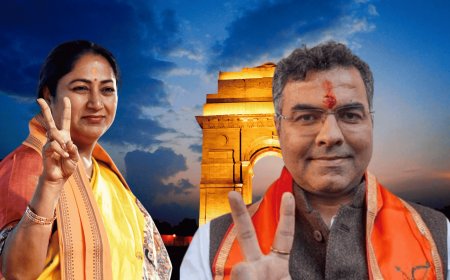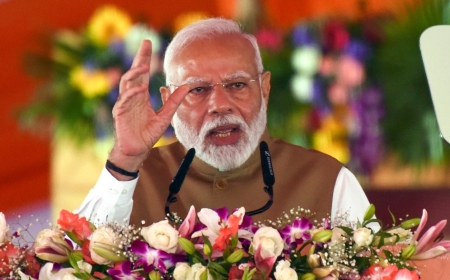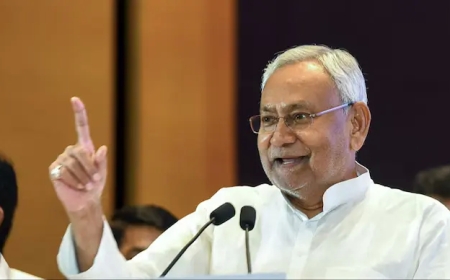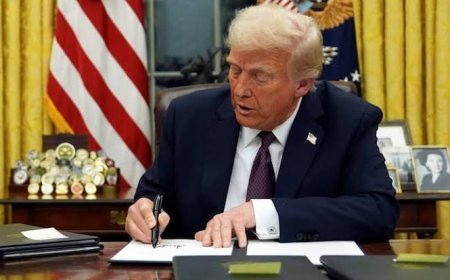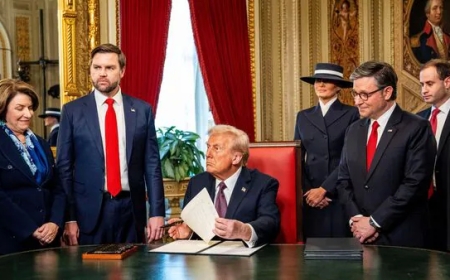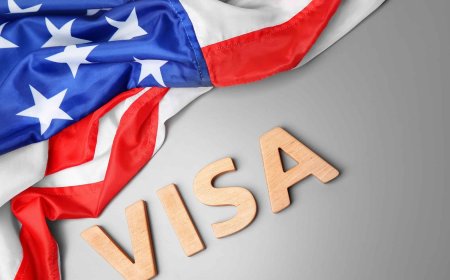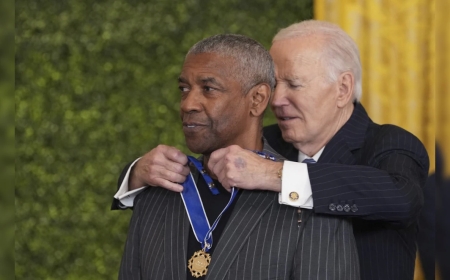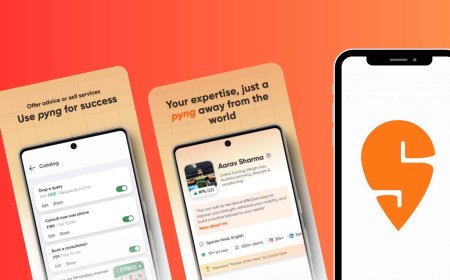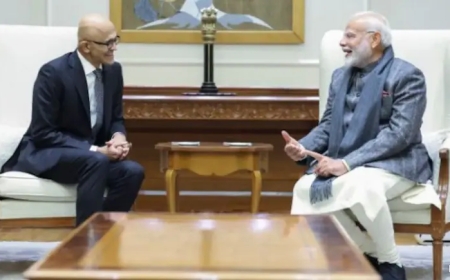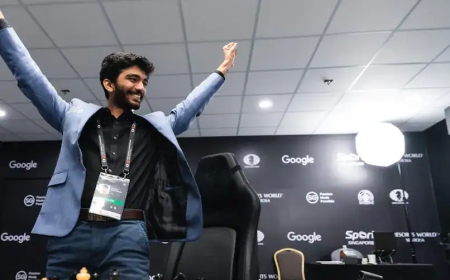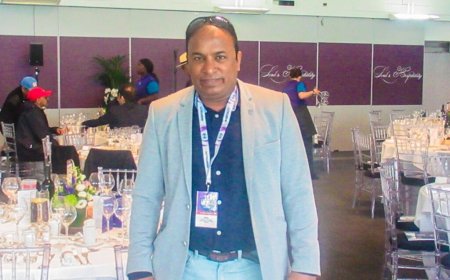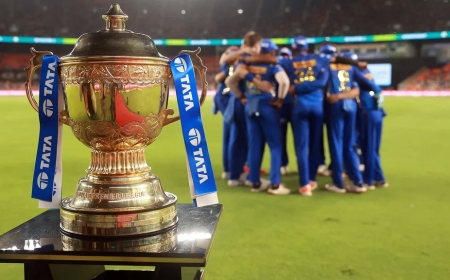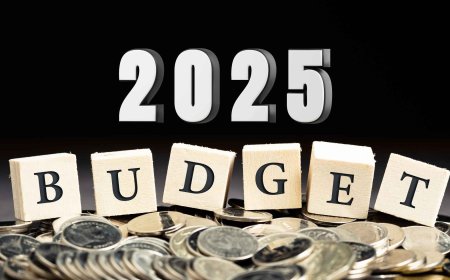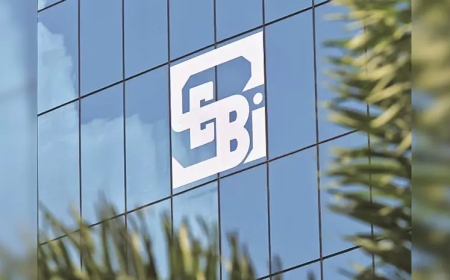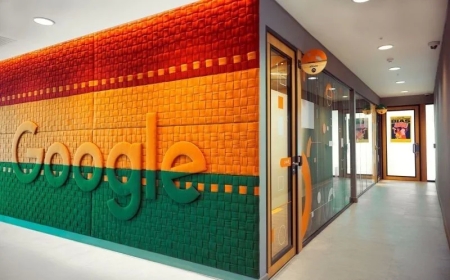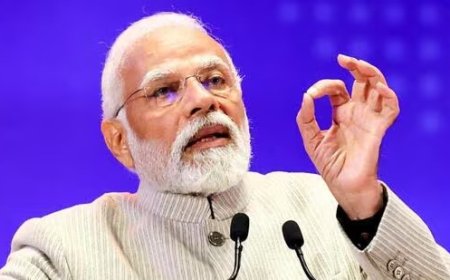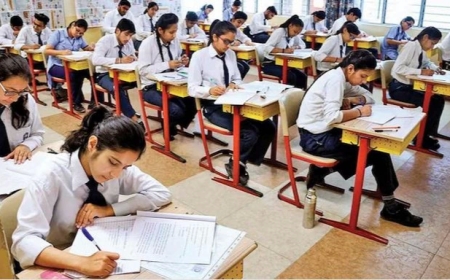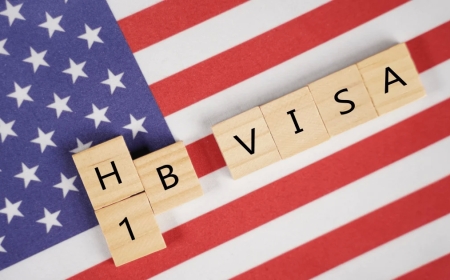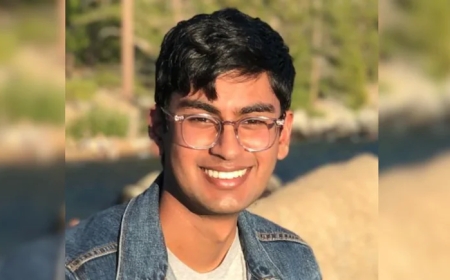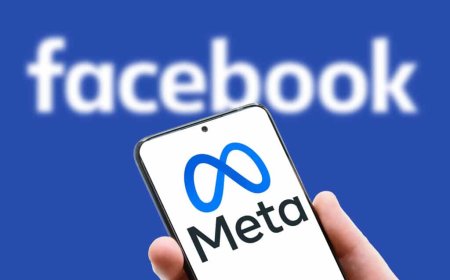Australia Passes Landmark Law Banning Social Media for Under-16s
Australia passes a landmark law banning social media for children under 16, targeting platforms like Facebook, Instagram, and X. The law aims to safeguard young users from online risks, with penalties of up to AUD 50 million for non-compliance. Enforcement challenges and privacy concerns remain as the global community watches closely.

In a groundbreaking move, Australian lawmakers have approved strict regulations to ban children under the age of 16 from accessing social media platforms such as Facebook, Instagram, and X (formerly Twitter). The legislation, one of the most comprehensive social media crackdowns globally, received bipartisan support and passed both chambers of parliament, setting the stage for it to become law.
Key Provisions of the Legislation
The newly approved law mandates that social media companies take “reasonable steps” to prevent users under 16 from creating accounts. Companies failing to comply with these requirements face fines of up to AUD 50 million (USD 32.5 million).
While the legislation aims to safeguard young Australians from potential harm, it has drawn criticism from social media firms, who argue the rules are “vague,” “rushed,” and “problematic.”
Prime Minister’s Push for Reform
Prime Minister Anthony Albanese has been a vocal advocate for the legislation, using it to rally parental support ahead of a potential election next year.
In promoting the bill, Albanese described social media as a breeding ground for peer pressure, anxiety, scams, and online predators. He emphasized the importance of shifting young Australians away from excessive screen time, urging them instead to participate in physical activities like cricket, tennis, and swimming.
"I want our kids off their phones and onto the footy field," Albanese said during the debate, framing the law as a protective measure for children’s mental and emotional well-being.
Mixed Reactions from the Public
The ban has elicited mixed reactions from Australian children and parents.
For 12-year-old Angus Lydom, the idea of losing access to social media feels alien.
"It’ll be weird not being able to talk to my friends or use it to keep in touch," he said, adding that many children would find ways to bypass the restrictions.
Similarly, 11-year-old Elsie Arkinstall highlighted social media’s educational benefits, particularly for learning hobbies like baking and art.
"Kids and teens should be able to explore techniques they can’t find in books," she noted.
Challenges in Enforcement
Although the legislation appears strict on paper, enforcement remains a significant challenge. The current law lacks detailed guidelines on how companies will verify users' ages or enforce the ban effectively.
It will take regulators at least 12 months to finalize the implementation framework. Amendments have already been introduced to prohibit the use of government-issued digital IDs for age verification, addressing concerns about privacy.
Certain platforms, like WhatsApp and YouTube, may receive exemptions, particularly for use in education or recreation.
Broader Implications
Australia’s legislation is being closely monitored internationally as countries such as Spain and states like Florida explore similar restrictions. While no comparable measures have been implemented elsewhere, some regions, like China, already have stringent controls. In China, minors under 14 are restricted to just 40 minutes daily on Douyin, the Chinese equivalent of TikTok, and online gaming for children is also tightly limited.
Expert Insights
Social media expert Susan Grantham emphasized the importance of digital literacy programs alongside restrictive measures.
"Teaching children to critically evaluate what they see online is crucial," she said, pointing to Finland’s successful model of digital literacy education.
What's Your Reaction?
 Like
0
Like
0
 Dislike
0
Dislike
0
 Love
0
Love
0
 Funny
0
Funny
0
 Angry
0
Angry
0
 Sad
0
Sad
0
 Wow
0
Wow
0
